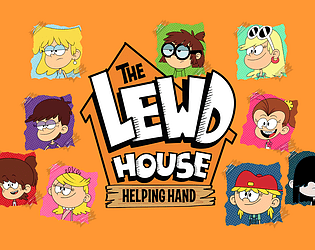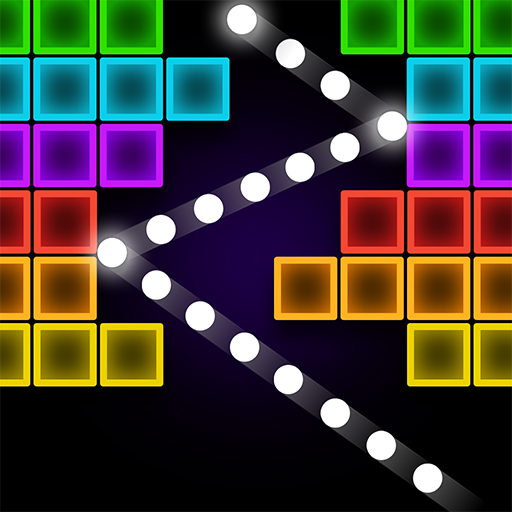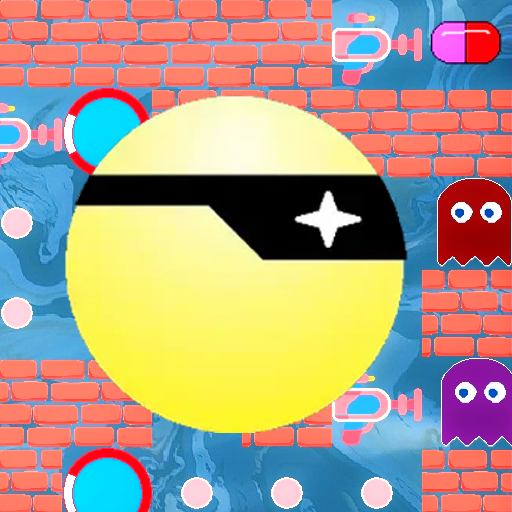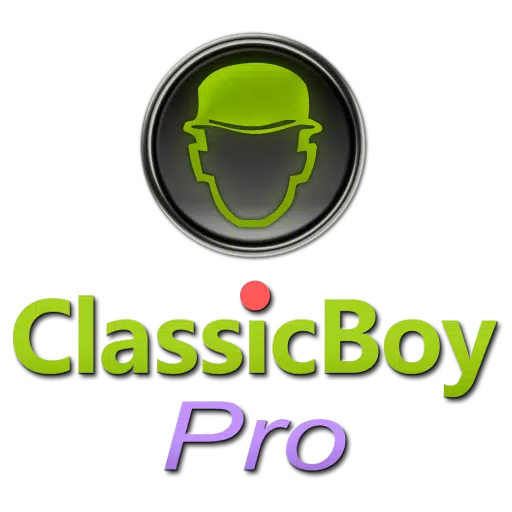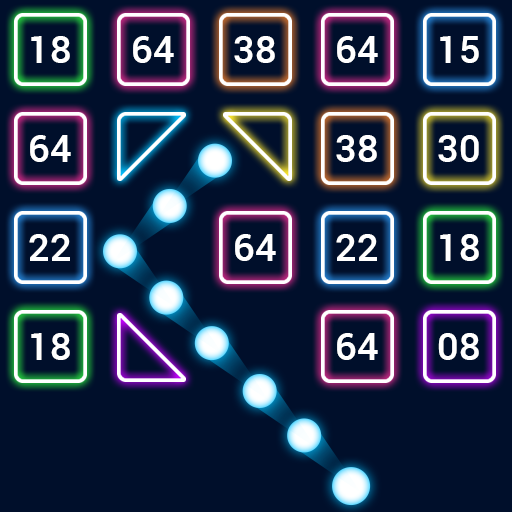EA Is Dealing the Final Blow to Origin, and Taking Some Users With It
Back in 2011, EA launched the Origin App, aiming to create a digital storefront for PC gamers to purchase and browse EA's titles, distinct from Steam. A key moment was in 2012 when Mass Effect 3 mandated the use of Origin, yet despite this push, the platform struggled to gain significant traction among gamers. The user experience was often criticized for being clunky, and login issues were a frequent source of frustration, leading many to steer clear of Origin. Nevertheless, EA continued to support it until recently, when they announced the replacement of Origin with the new EA app, which has similarly faced user complaints about its interface.
This transition isn't without its pitfalls. For instance, if you own Titanfall on Origin and don't migrate your account to EA, you risk losing access to your purchased games. Moreover, the new EA app exclusively supports 64-bit operating systems, leaving 32-bit system users behind. While Steam also ceased support for 32-bit OS in early 2024, the impact is minimal given the small number of remaining users on these systems. It's worth noting that anyone who has bought a new PC or laptop, or built a custom gaming rig in the last five years is unlikely to be running a 32-bit OS. Microsoft sold 32-bit versions of Windows 10 until 2020, but if you're on Windows 11, you're safe, as 64-bit support has been standard since Windows Vista nearly two decades ago.
To check if you're on a 32-bit system, look at your RAM usage; a 32-bit OS can only utilize up to 4GB of RAM. If your system has more, you're likely running a 64-bit OS. However, if you've mistakenly installed a 32-bit version of Windows, a complete system wipe and reinstallation of a 64-bit OS will be necessary.
While the discontinuation of 32-bit support in 2024 isn't unexpected, it raises concerns about digital ownership. The prospect of losing access to games purchased over the years due to hardware changes is unsettling, and it's not just EA; Valve has also moved away from supporting 32-bit systems on Steam. Moreover, the rise of invasive digital DRM like Denuvo, which can require deep system access or impose arbitrary installation limits, adds another layer of complexity to PC gaming.
One way to safeguard your digital library is by supporting GOG, operated by CD Projekt. With its DRM-free policy, once you download a game from GOG, you own it indefinitely on any supported hardware. While this approach could potentially encourage software piracy, it hasn't deterred developers from releasing new titles on the platform, such as the eagerly awaited RPG Kingdom Come: Deliverance 2, which is set to be available on GOG.
- 1 Silent Hill 2 Remake Confirms Xbox, Switch Release in 2025 Feb 08,2025
- 2 Connect Asus ROG Ally to TV or Monitor: Easy Guide Apr 06,2025
- 3 Fix 'Can't Connect to Host' Error in Ready or Not: Quick Solutions Jun 13,2025
- 4 Dragon Soul Tier List: Ultimate Guide May 12,2025
- 5 The Best Free Comic Book Sites and Apps in 2025 Mar 18,2025
- 6 "Persona Games and Spin-Offs: Complete Chronological List" Apr 09,2025
- 7 How to Run JioHotstar on PC with BlueStacks Feb 28,2025
- 8 Assassin's Creed Shadows: Max Level and Rank Cap Revealed Mar 27,2025
-
Top Arcade Classics and New Hits
A total of 10
-
Addictive Arcade Games for Mobile
A total of 10
-
Android Apps for Video Content Creation
A total of 10


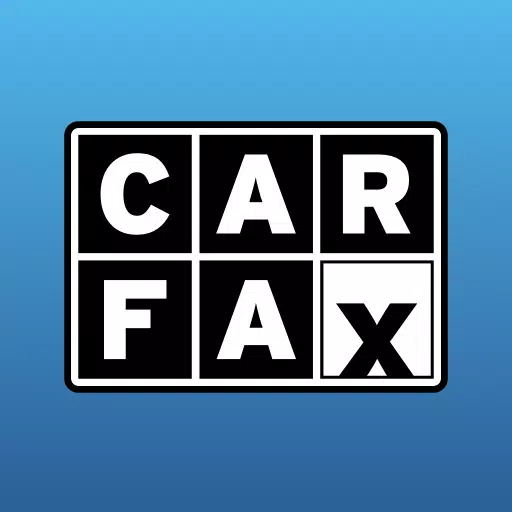
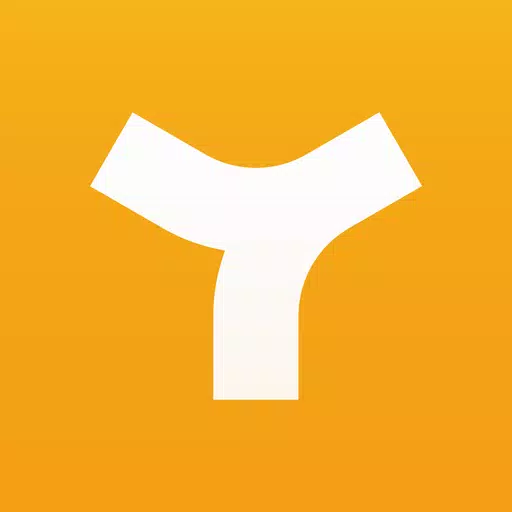
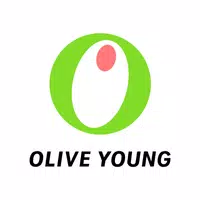
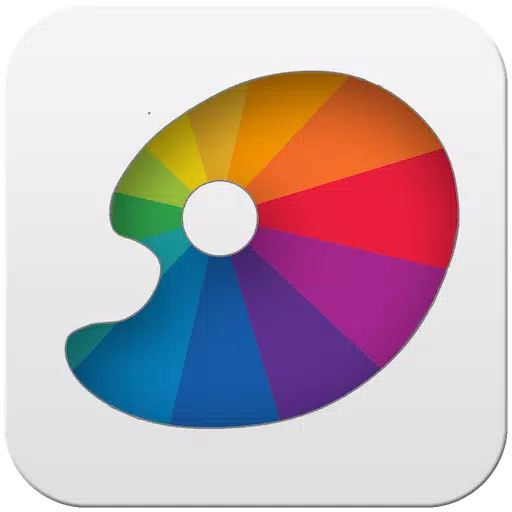



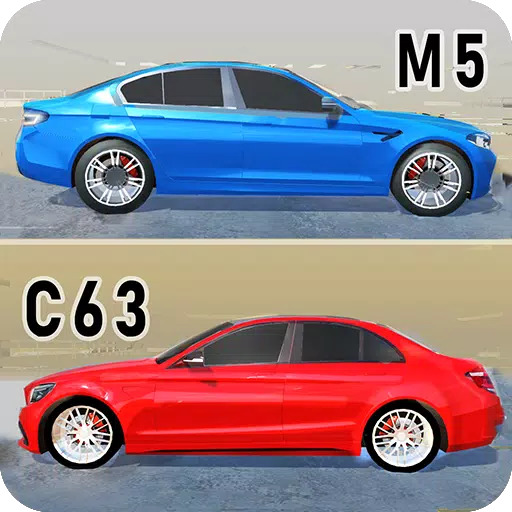
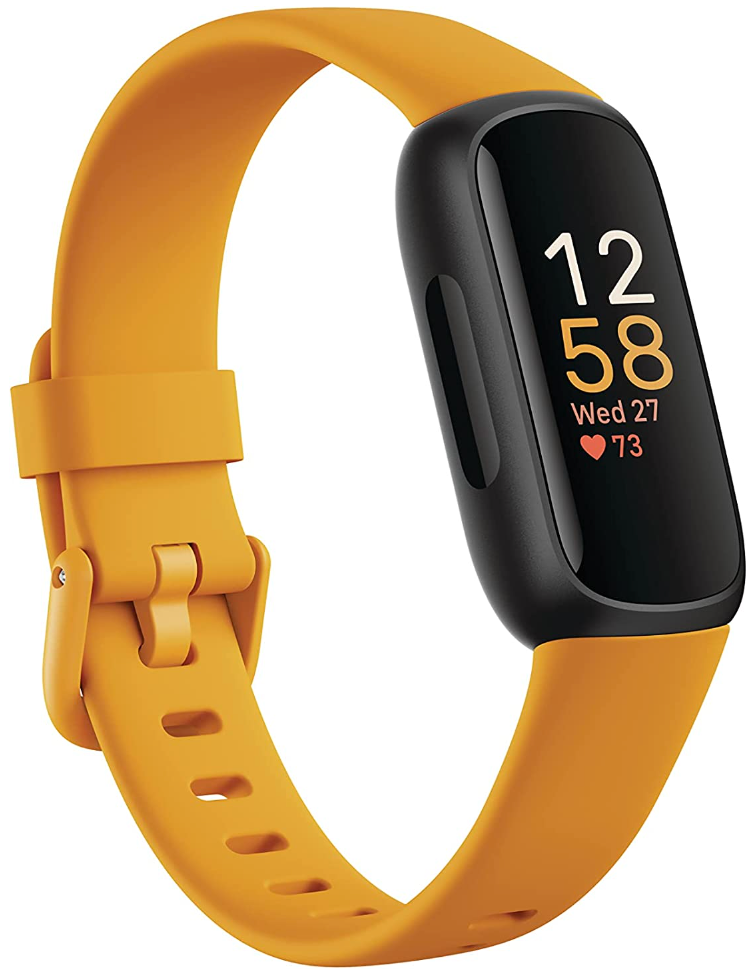
![Roblox Forsaken Characters Tier List [UPDATED] (2025)](https://img.actcv.com/uploads/18/17380116246797f3e8a8a39.jpg)



